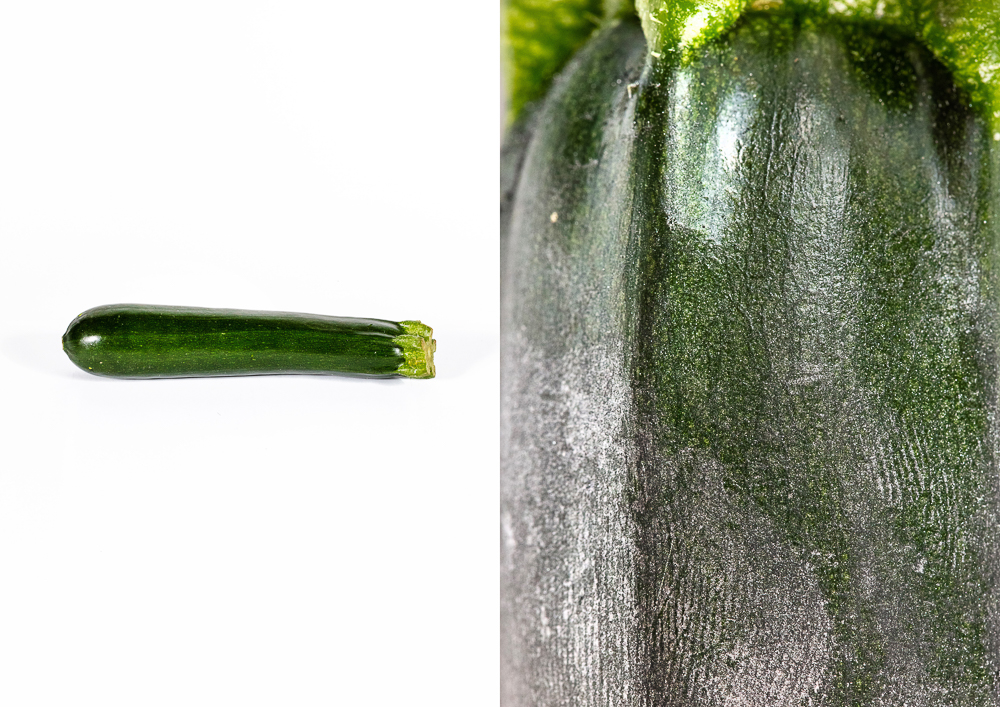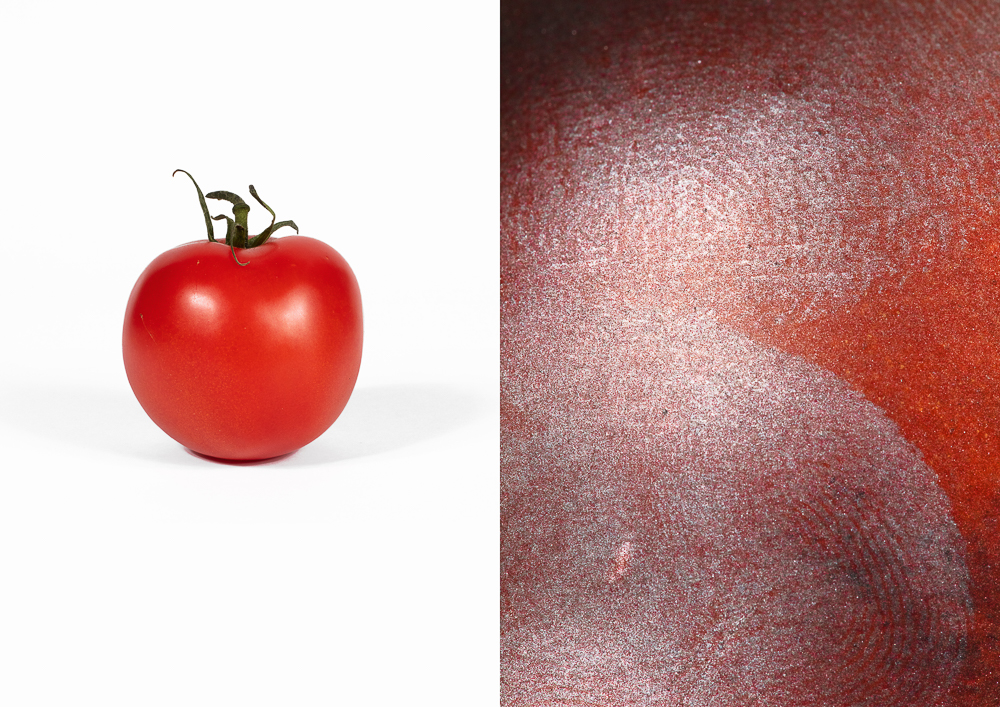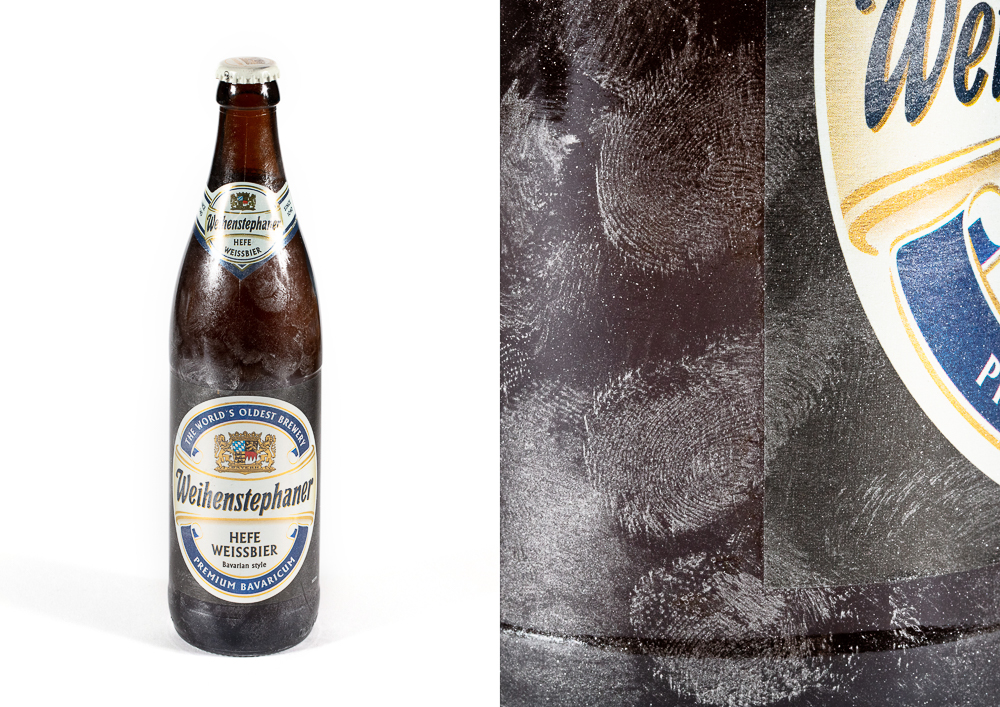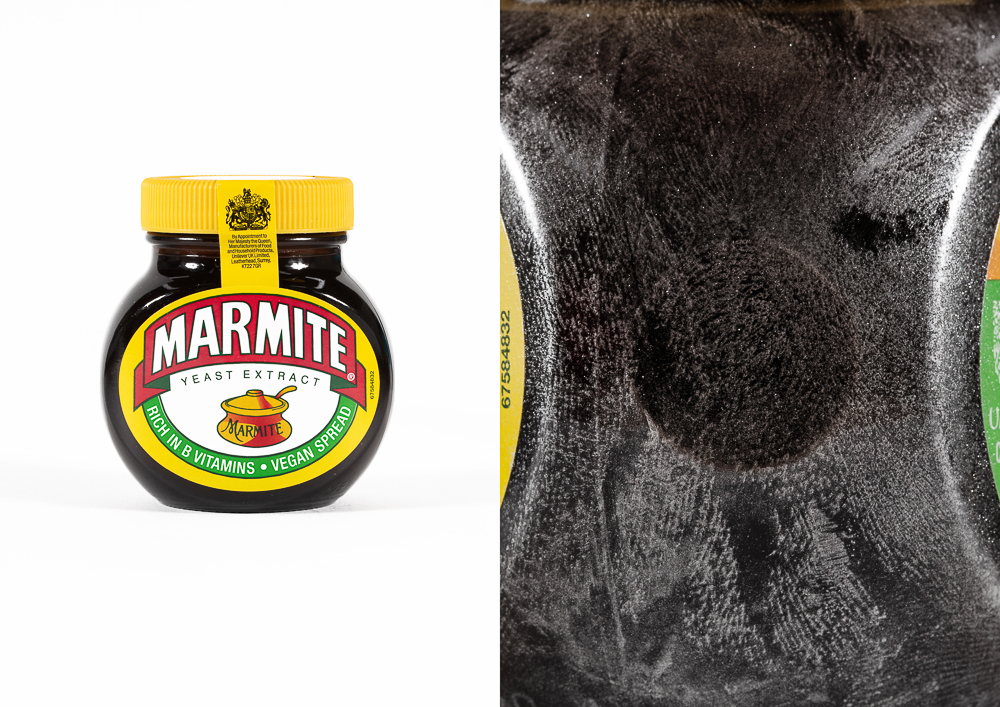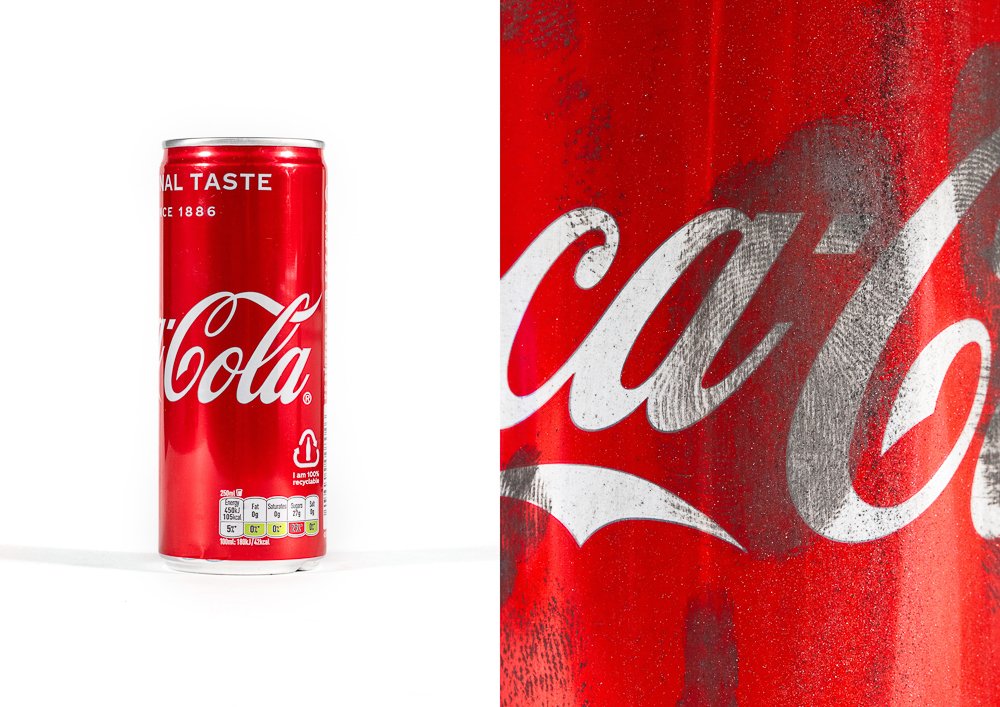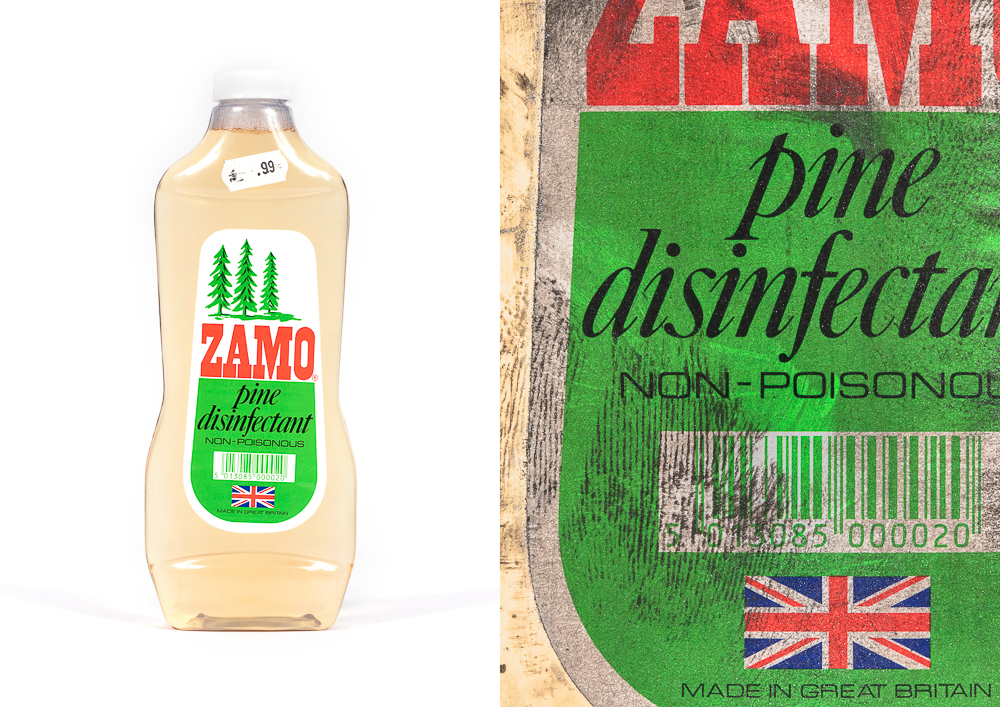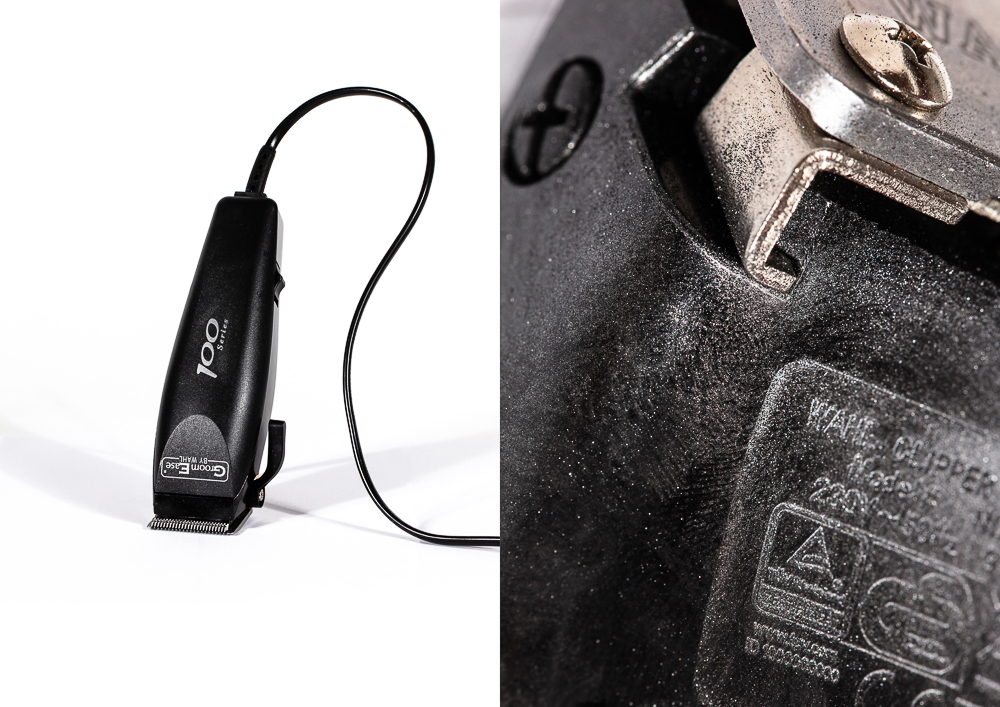Latent Labour
Once mundane activities now seem to carry a deadly risk. The fear, justified or otherwise, of carrying infectious residues of the Covid-19 virus into one’s home is a very real one for thousands of people, both those with underlying health vulnerabilities and those without. In response to this I began to approach shopping from the perspective of a forensic investigator.
During my weekly shop and when receiving deliveries by post, I handled everything with latex gloves, relaying these items to an improvised fingerprinting lab in my home. I then dusted these items with forensic fingerprint powders, which revealed the invisible or ‘latent’ prints of others who had handled these products at different stages between their production and delivery.
What began as an inquiry into fears about contamination has also become one about the traces left behind by the labourers who make our modern economies possible. Shop workers, parcel delivery people, warehouse workers, and the like are both amongst the most poorly paid, and also often most exposed in a time of social distancing. That vulnerability in large part stems from their invisibility to the rest of us, even when they, and their traces, are in fact right in front of our eyes.
